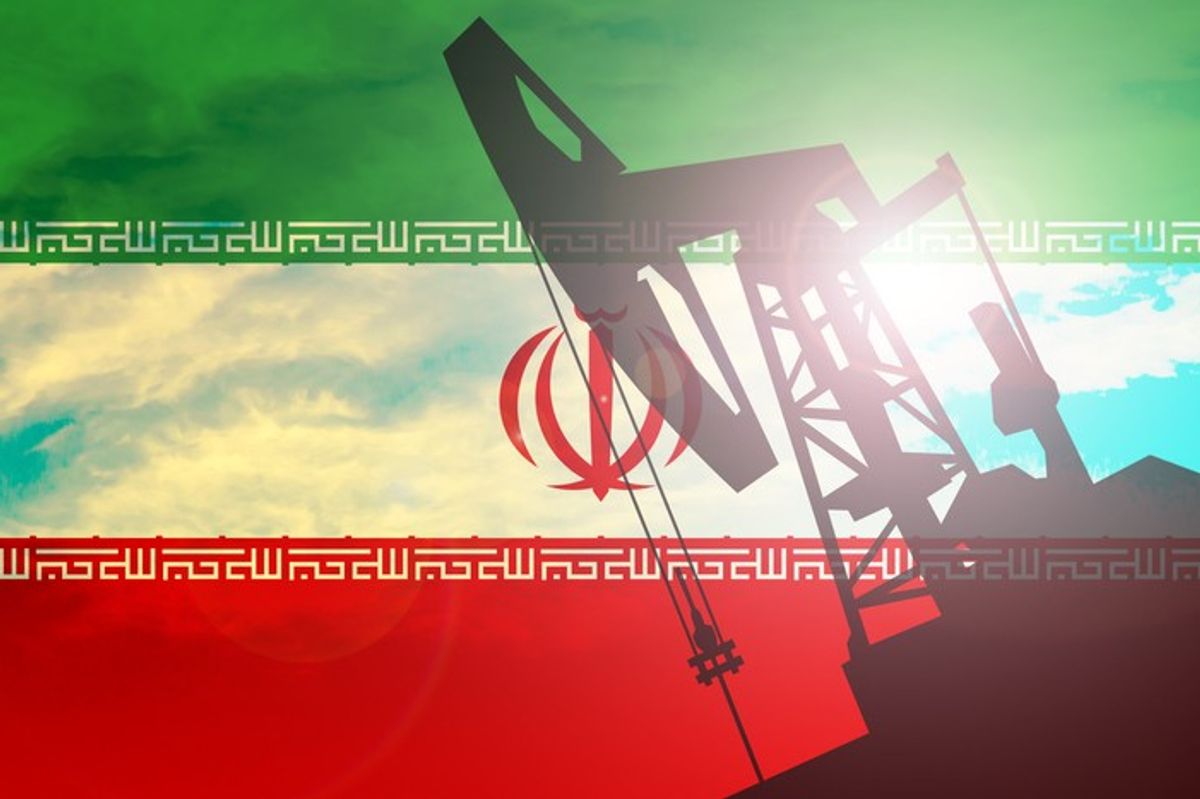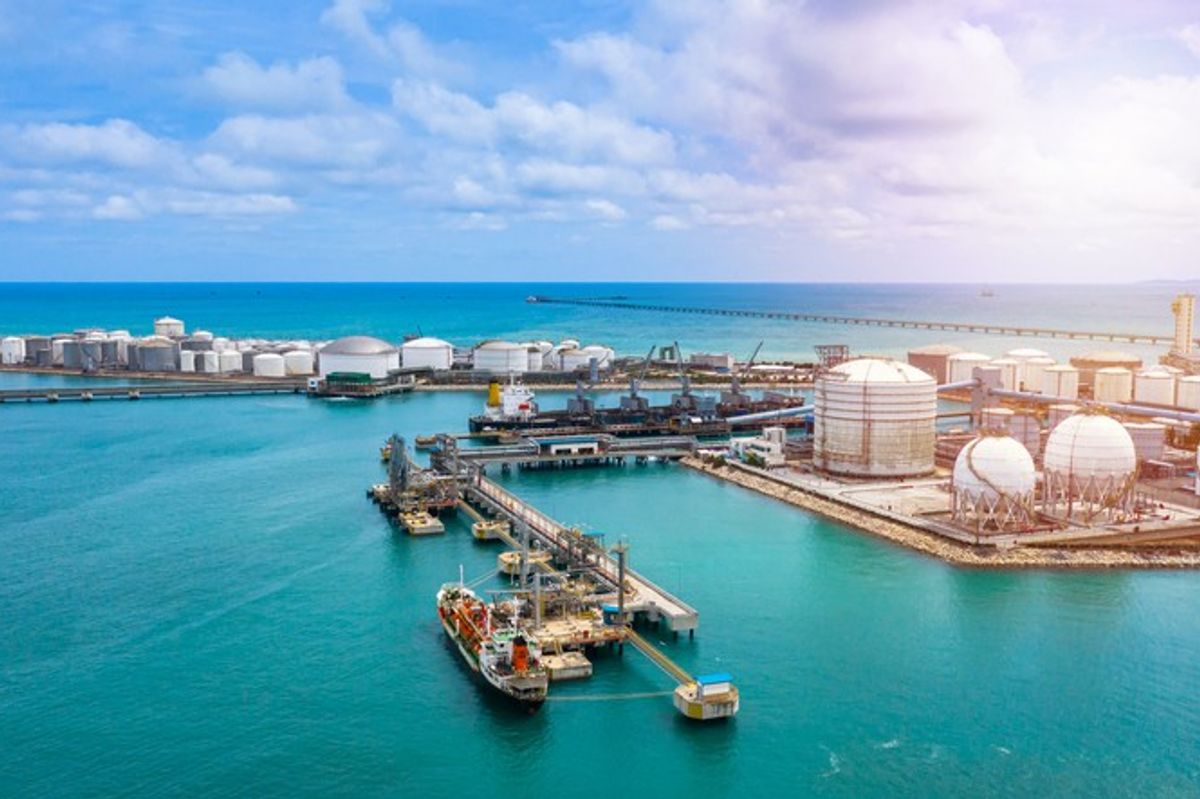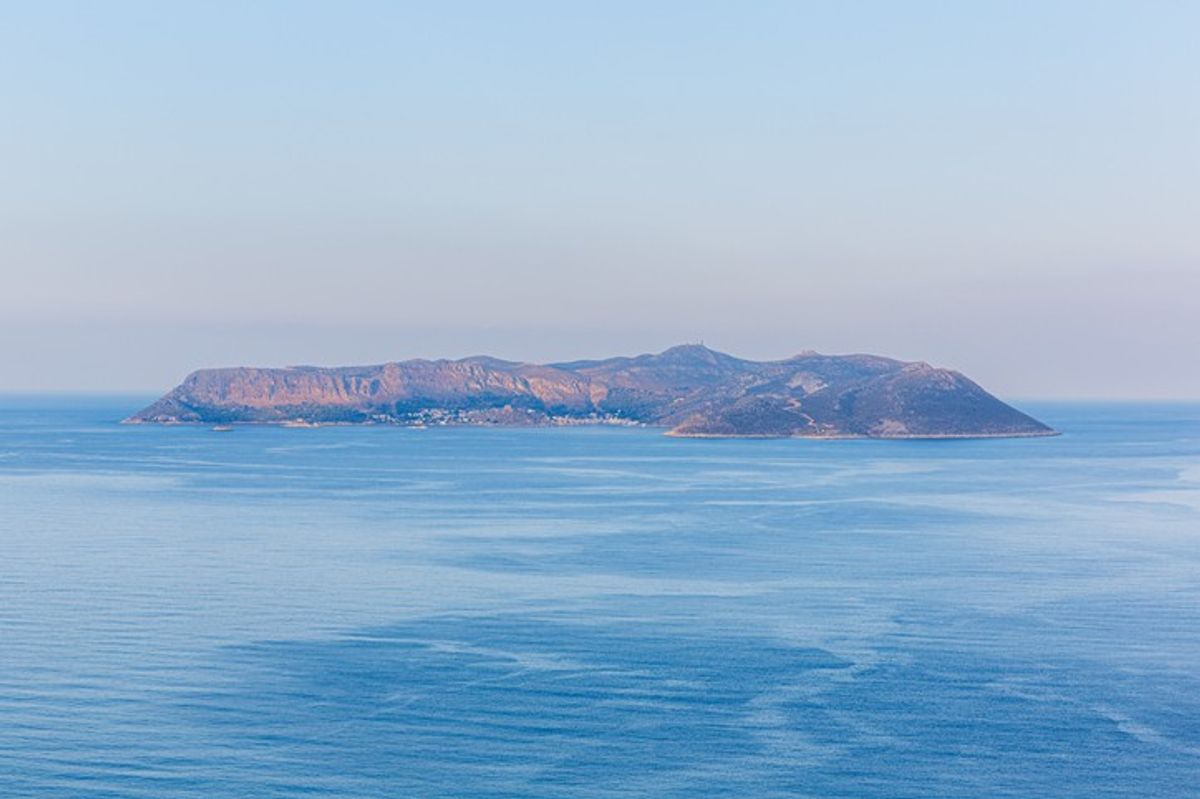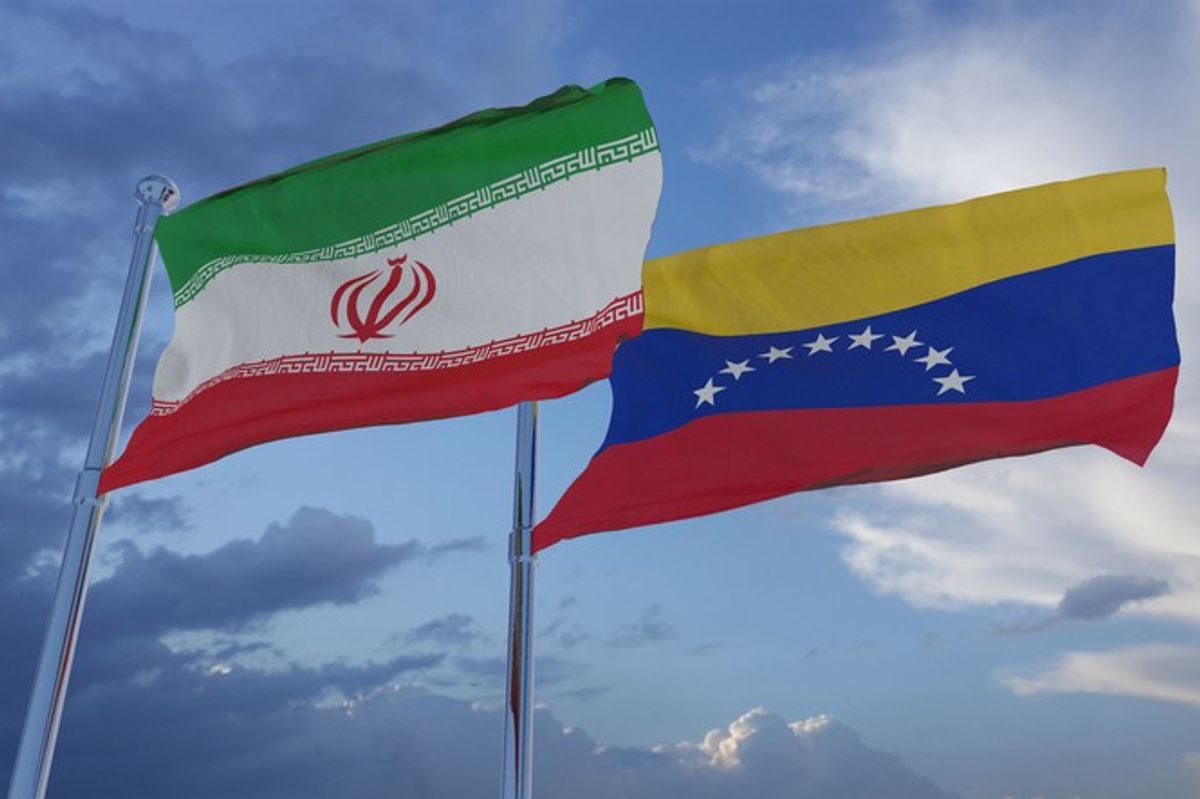With the recent decline in oil prices, many predicted that Algeria would come under a real threat of instability. Indeed, if one were to believe the opinion of such self-appointed "experts," Algeria would be teetering on the verge of collapse.
Nothing could be farther from the truth. Hard facts paint a different picture of Africa’s largest country. While my country has registered a 50 percent drop in revenues from the hydrocarbon sector (the backbone of its economy), it is far from collapse.
Over the years, Algeria has accumulated huge assets which, added to a large supply of natural resources, have helped cushion the impact of the drop in oil revenues. Add to that careful and wise financial management and early eradication of any development-hampering foreign debt, and you get the reality: a country experiencing slightly stiff muscles but certainly not limping or on its knees.
A report released this year by the International Monetary Fund (IMF) underscored the "limited effect of the drop in oil prices on Algeria's economic growth," explaining that asset accumulation over the past years helped Algeria "to progressively adjust to the [oil price drop] shock and to reconfigure its growth model."
Algeria has fared better than other oil-producing countries. It has carefully managed its natural and financial resources and invested wisely, further consolidating its role as a strong and stable country, safe and secure investment destination, affirmed regional leader, and reliable long-term partner and ally of the United States.
Respected Regional Leader Committed to Peace and Security
Stability and security are fundamental requirements for fostering a thriving economy and successful business and investment environment. Algeria is fortunate to offer a haven of stability and peace in a region shaken by security troubles.
My country is a firm believer that security is a shared concern, and that its own security is very much connected to the security of its immediate neighbors. Located in a region currently facing multifaceted challenges, including the challenge of terrorism, Algeria has successfully demonstrated its ability to maintain security over a huge territory bordering on seven countries. Ensuring such a degree of security imposes very significant resource requirements, which Algeria has been able to meet, unhindered by reduced export revenues.
Algeria is a strong and respected regional leader and a beacon of stability focused on strengthening democracy at home and ensuring a better future for its people. It is also actively engaged in restoring peace, stability, and security in a troubled neighborhood.
In that respect, Algeria has been steadfast in its active and firm support of its northeastern neighbor Tunisia, with whom we maintain strong counterterrorism cooperation and which has already yielded tangible results.
To the south in Mali, Algeria has been instrumental in bringing representatives of the government and opposing rebel groups from Northern Mali to the negotiation table and securing a peace agreement between them.
While securing a peace agreement was significant, continued efforts and support are still required for the agreement to hold and bear fruit, in terms of stability and further security for the region. The international community should remain engaged and demonstrate support for the implementation of the peace agreement. Moreover, the international community should also demonstrate greater support for Mali in combating terrorist groups and networks of drug-traffickers.
Algeria is also busily involved on its eastern flank, as it deploys significant efforts to help Libya emerge from a chaotic situation. While Algeria and other Libyan neighbors are deeply committed to help Libya, the international community needs to play a greater role. It should manifest firm support for the Tripoli-based Libyan National Unity Government to help it take on the challenges of securing peace, security, and development. This is crucial because there can be no development without stability, and advancing both requires collective commitment.
Leading Market in Africa and the Arab World
When it emerged from a decade of terrorist horror at the end of the 1990s, after immense losses in human lives and billions of dollars of economic destruction, many around the world had thought that Algeria would probably not recover and that it would need a long time to heal its wounds.
Heal its wounds it did— and a whole lot more.
Algeria has seen peace and stability become deeply entrenched in the country thanks to bold legislation and policy decisions initiated by President Abdelaziz Bouteflika, including the Charter for Peace and National Reconciliation. But it has also launched ambitious political, economic, and social reform programs intended to rebuild the economy; strengthen democracy, good governance, and the rule of law; and advance human rights, in particular women's rights.
With a population of close to 41 million people (mostly young people), Algeria is one of the biggest markets in Africa and the Arab World.
In implementing a set of ambitious measures to reform its economy and open up its markets, Algeria has also focused on attracting foreign investment. It has successfully reformed appropriate legislation and is continuously tweaking existing texts to see whether and where further improvements are needed.
Now it has embarked on another ambitious endeavor, made all the more necessary by the drop in global oil prices: minimizing the country's reliance on the oil sector as a source of export revenues.
And an important step in accomplishing such minimization of reliance is through diversification of the country's economy, by taking advantage of the immense array of natural resources that Algeria has to offer.
Thanks to a very cautious macroeconomic policy, Algeria has accumulated comfortable foreign currency reserves of around $140 billion, which have helped cushion the drop in oil prices.
Today, despite a brutal decline in revenues from what is still the backbone of the Algerian economy (the hydrocarbon sector), the country boasts a 3.9 percent GDP growth rate and continues to earmark 40 percent of its expenditures for public investment and more than 20 percent for human development and the well-being of the population.
A Strong and Reliable U.S. Ally and Partner
Algeria and the United States have a long history of friendly ties, dating back to the early days of the American Republic, when the two countries signed their Treaty of Amity and Peace on 5 September 1795.
While then-U.S. Senator John Fitzgerald Kennedy publicly voiced his support for Algerian independence when the Algerian people were fighting for their freedom, Algeria returned the favor in 1980, by committing the full force of its diplomacy to secure the release of 52 Americans held hostage in Iran.
When America came under terrorist attacks on September 11, Algeria was one of the early responders, publicly and vigorously condemning the attacks and unequivocally standing by America’s side. In fact, President Bouteflika met with President George W. Bush at the White House to express Algeria’s strong support.
Our two countries have established permanent instruments intended to strengthen relations, including a Strategic Dialogue, which has already convened three sessions alternating between our two capitals. In addition to strong military-to-military dialogue, Algeria and the U.S. also enjoy strong cooperation in the wider security area, with Algeria contributing unique counterterrorism experience, valuable insights on terrorist groups, and successful CVE (countering violent extremism) and de-radicalization programs.
A reliable and effective U.S. partner and ally, Algeria is today a picture of stability and security. It is a country hard at work, determined to sustain its economic and human development efforts, consolidate its democracy, and continuously strengthen its relations with the U.S. through close cooperation and strong ties in all areas.













